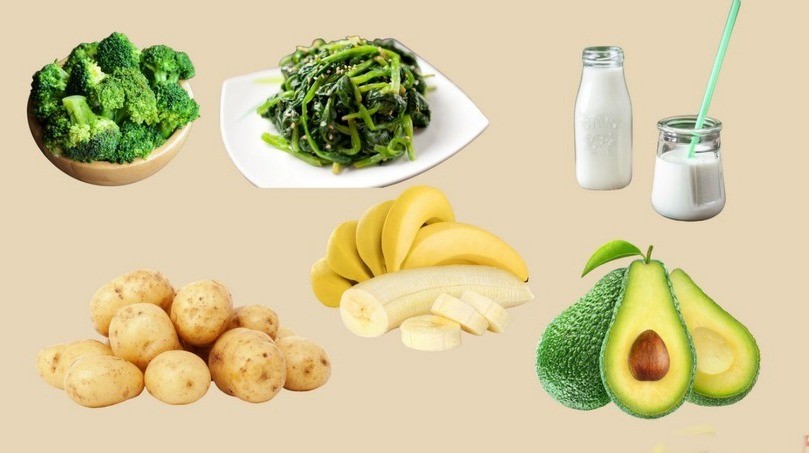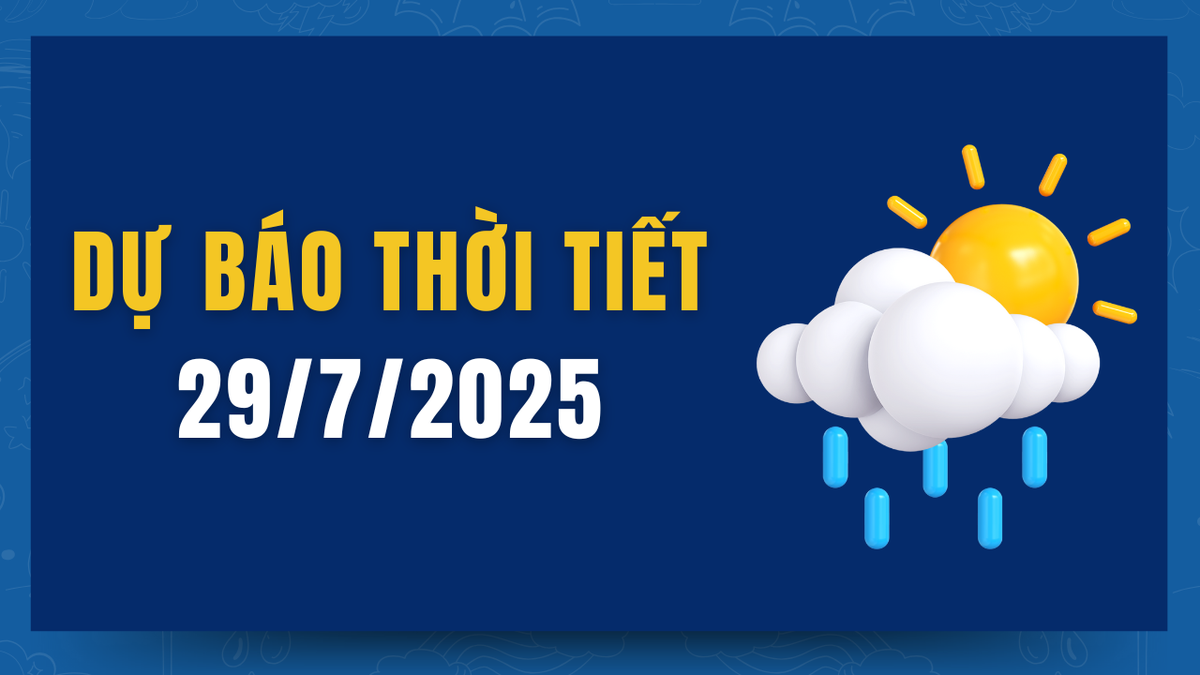
Unusual weight gain, swelling of the hands and feet, or constant thirst… can be warning signs that your body is storing too much salt. And this increases health risks.
In addition to drinking enough water, some easily available foods can help you effectively support sodium excretion, improving your health naturally.
Warning signs that your body has too much salt
Too much salt (sodium) in your diet can lead to a number of health problems, from high blood pressure to sleep disorders. Here are some common signs that your body is overloaded with salt:
High blood pressure
When the kidneys cannot filter out excess water due to too much salt intake, the body reacts by increasing blood pressure - a warning and adjustment mechanism. If left unchecked, it can easily lead to high blood pressure in the long term.
Constant thirst
When salt levels are high, the body is forced to take water from the cells to neutralize it, leading to a dry mouth and thirst even though you have drunk enough.
Bloating, flatulence
Salt retains water, causing the stomach to retain more fluid, especially after salty meals. This can easily lead to feelings of fullness, indigestion, and abdominal distension.
Edema, swelling of the face and limbs
High sodium intake causes water retention in body tissues, leading to swelling of the hands and feet, especially evident in the morning upon waking.
Unusual weight gain
You haven't changed your diet but your weight is increasing rapidly? It's possible that your body is retaining water due to excess salt - a person can gain 1-2kg/week just from eating too much salt.
What to eat to remove salt from the body?
In addition to drinking enough water, you can add the following foods to support the salt excretion process, because they contain high potassium content to help balance sodium levels in the blood.
1. Green vegetables with lots of water
Vegetables such as water spinach, kale, Malabar spinach, spinach, broccoli... are rich in water and potassium, helping to balance electrolytes and promote more effective kidney function.
You should eat boiled vegetables or cook them in soup instead of stir-fried vegetables to avoid increasing sodium intake.
2. Milk and yogurt
Milk and yogurt contain potassium, calcium, vitamin D, and protein, which help support sodium excretion and protect the kidneys and cardiovascular system.
You can drink a glass of milk or eat a jar of yogurt every day to balance the salt in your body.
3. Potatoes
Potatoes are not only rich in starch and vitamins, but also contain a lot of potassium - a mineral that helps neutralize sodium and helps the kidneys excrete salt.
You can eat potatoes boiled, steamed, baked or processed into potato salad to take advantage of the health benefits while still being delicious.
4. Avocado
Avocados are rich in potassium, and also contain healthy fatty acids that help protect the heart. Regular consumption of avocados helps regulate blood pressure and counteract the effects of excess sodium.
Eat fresh avocados, make unsweetened smoothies, or toss avocado salads for extra potassium.
5. Banana
Bananas are known to be rich in potassium, which helps stabilize blood pressure and helps eliminate sodium from the body. This is an ideal choice after a high-salt meal or when you feel thirsty or have a headache due to eating salty foods.
You should eat 1-2 bananas every day, especially in the morning or after exercise.
Other ways to support salt excretion besides food
Drink enough water every day
Your body needs plenty of water to help your kidneys filter out sodium. If you eat salty foods, drink extra water that day to help excrete it through urine.
Limit processed foods
Canned foods, instant noodles, and fast foods are extremely high in salt. Cutting back on these foods is the easiest way to control your sodium intake.
Exercise and light physical activity
Exercise increases sweating - a natural way to eliminate salt. Choose a form of exercise that suits your physical condition and make sure you drink enough water during exercise.
Eating salty foods is a hard habit to break, but it can be adjusted. Recognizing early signs of excess salt in the body and adding foods rich in potassium will help you reduce salt retention, prevent high blood pressure, edema and metabolic disorders. Don't forget to drink enough water every day and exercise properly to keep your body in balance.
Source: https://baolaocai.vn/dau-hieu-co-the-thua-muoi-va-cach-thai-muoi-qua-che-do-an-uong-post649864.html































![[Photo] National Assembly Chairman attends the seminar "Building and operating an international financial center and recommendations for Vietnam"](https://vphoto.vietnam.vn/thumb/1200x675/vietnam/resource/IMAGE/2025/7/28/76393436936e457db31ec84433289f72)





































































Comment (0)